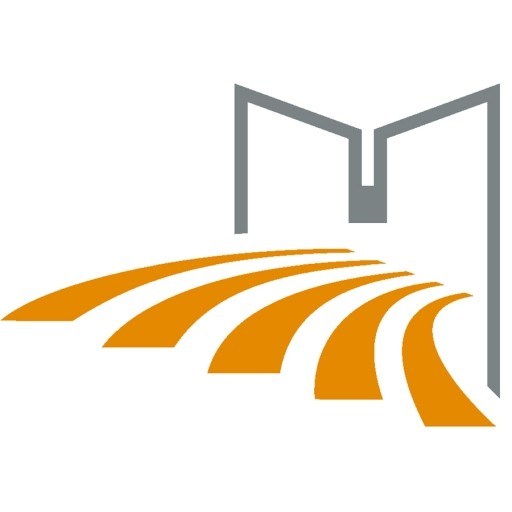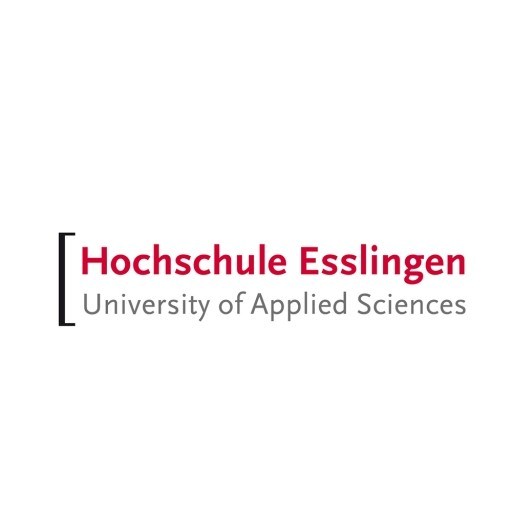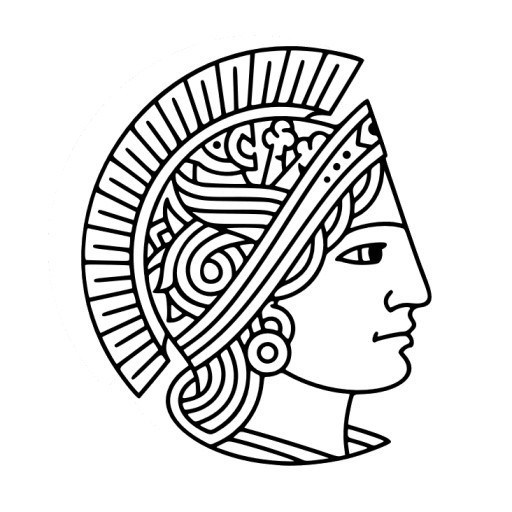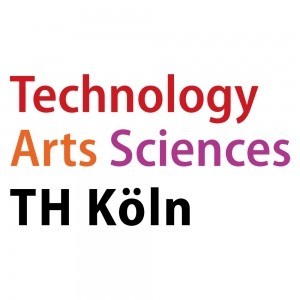Development Studies at the University of Passau offers an interdisciplinary and comprehensive curriculum designed to equip students with the theoretical knowledge and practical skills necessary to address complex global development challenges. The program emphasizes understanding the socio-economic, political, and environmental dimensions of development, integrating perspectives from economics, political science, sociology, and environmental studies. Students will explore critical issues such as poverty reduction, sustainable development, governance, human rights, international cooperation, and global inequality.
Throughout the program, students engage with both academic theory and real-world applications through case studies, project work, and internships. They learn to analyze development policies, evaluate development projects, and understand the roles of international organizations and NGOs in promoting development goals. The curriculum fosters analytical thinking, research skills, and intercultural competence, preparing graduates for careers in international development agencies, governmental bodies, NGOs, research institutions, and the private sector.
The program offers a flexible structure with core modules, specialized electives, and opportunities for international exchange, including joint degrees and internships abroad. Coursework is complemented by seminars, workshops, and thesis research, allowing students to develop their individual interests and expertise areas. The interdisciplinary approach encourages critical reflection on development processes, policies, and their impacts on different populations and regions.
Graduates of the Development Studies program at the University of Passau are well-equipped to contribute to sustainable development initiatives, development policy formulation, and international cooperation efforts. They possess a solid foundation in understanding the complexities of development issues and are prepared to work in diverse cultural and professional environments committed to fostering equitable and sustainable growth worldwide.
Educational organisation
First semester (30 ECTS credits)- Methods and theories of Development Studies
- Interdisciplinary seminar
- Qualitative and quantitative research methods
Second and third semesters (65 ECTS credits)
- Qualitative and quantitative research methods
- Research seminar
- Elective modules (e.g. sociology, economics, sustainability of resources, political science, South East Asian studies)
- Languages and additional study skills courses
Fourth semester (25 ECTS credits)
- Field research
- Master's thesis
- A research colloquium with internationally renowned guest speakers is offered each semester.
Specialisations
If desired, you may choose to specialise in one of the following:
- Development Economics
- South East Asian Studies
Study abroad unit(s)
If you wish to study abroad, assistance in selecting scholarship programmes as well as consultation and information is offered by the International Office.International Office
Innstrasse 41
94032 Passau
Phone: +49 851 509 ext. 1160, 1161, 1162 or 1163
Website: http://www.uni-passau.de/en/international/
Internships
There is no formal internship requirement for students completing this programme.If you wish to complete a voluntary internship, you are responsible for searching for an internship, clarifying the outline and making all necessary arrangements. We recommend that students complete an internship, as it allows them to gain valuable work experience in a selected occupational field whilst still at university, while at the same time offering them the opportunity to apply their knowledge and skills acquired in their studies. This also allows them to reflect upon their career aims and establish contact with potential future employers.
Your primary contact for all employment-related matters is the Careers Service.
For more details, please see: http://www.uni-passau.de/en/careerservice/.
Forms of assessment
Courses and seminars operate on the assumption that students will do a good deal of preparation and follow-up work outside of the classroom. They will receive some support from the respective lecturers but, nevertheless, conduct this work independently.Modules are assessed during or at the end of each semester. European Credit Transfer and Accumulation System (ECTS) credits are awarded when the respective module has been passed and the required coursework submitted. Assessments and coursework are usually graded. The forms of assessment include written and oral examinations, student presentations and written reports, essays and papers, or a combination of the above. A thesis must be written as part of the programme.
Course objectives
Students enrolled in the programme gain insights into the economic, social, ethical, and cultural contexts and constraints of development. The programme provides outstanding opportunities to put theory into practice through international field research, with a strong focus on integrating quantitative and qualitative methods.Graduates have a wide range of potential career paths within the development field, such as:
- programme managers for local and international development organisations, including government agencies, non-governmental organisations, and community groups
- policy makers for bilateral and multilateral agencies, such as GIZ, the World Bank, and the United Nations as well as for civil society advocacy groups
- researchers and doctoral students, leading to an academic career
Language requirements
If English is not your first language or the language of instruction for your first degree, you will need to prove that you have adequate English skills by means of a recognised English language test at level B2 of the Common European Framework of Reference for Languages (CEFR).To help you go about your daily life in Germany, it is advantageous to have at least basic German language skills. Therefore, if you have a German language certificate at level A1 CEFR (i.e., beginner's level), you should enclose a certified copy of it when you apply. Do not worry if you do not have basic German skills or cannot provide a certificate: you will take a free beginner's German language course during the first year of your studies in Passau.
Academic requirements
A first (Bachelor's or equivalent) university degree in social sciences, economics, or business studies, i.e., in one of the following disciplines: anthropology, demography, empirical social and human geography, sociology, administrative science, economics, business studies/administration, or any other equivalent degree with a minimum of 60 ECTS credits in one or several of these disciplines. This first degree must have been obtained as part of a programme of study with a minimum standard duration of three years' full-time study.Out of the 60 ECTS credits referenced above, 10 ECTS credits (or a minimum of 300 hours of coursework) have to come from methods of empirical research, such as data collection and survey design, rigorous qualitative or quantitative data analysis, or mathematics or
statistics applied to social science. A general course in research methods is not enough and does not count in this case. Your overall average mark for your undergraduate degree should be equivalent to 2.5 or better according to the German marking scale or ranked among the best 50% of your cohort.
Enrolment fees
The enrolment fee amounts to 70 EUR per semester. This comprises the student association contribution of 52 EUR and the semester bus pass, which costs 18 EUR.Costs of living
As a bare minimum, you should budget for about 660 EUR per month for accommodation, food, transport and other activities. Your actual expenses will vary depending on your lifestyle. Here is a breakdown of typical monthly expenses:Rent: 180-350 EUR
Food: 150-250 EUR
Public transport: included in the semester contribution
Books/other: 50-100 EUR
Job opportunities
For international students, a dedicated career adviser is on hand. The iStudi Coach will answer all of your questions about finding work or placements in Germany or abroad.http://www.uni-passau.de/en/istudi/
Please note that students from non-EU countries must apply for a work permit at the national job centre if they would like to work more than 240 half-days per year. Students from EU member countries do not require a work permit.
Funding opportunities within the university
In general, scholarships are awarded on the basis of academic performance; applicants' financial situations are only taken into consideration to a minor degree and scholarships (especially those from the university) are not usually awarded before the commencement of studies. If you intend to apply for a scholarship while you are still in your home country, please contact the German Embassy or the German Consulate at your earliest convenience.http://www.uni-passau.de/studium/waehrend-des-studiums/kosten-finanzierung/stipendien/
Arrival support
Twice a year, at the beginning of each semester before lectures start, the International Office holds orientation weeks for new international students. These are designed to help students settle in, make new friends quickly, and get to know important contact people. All international exchange students are required to attend the orientation weeks, and attendance is strongly recommended for international degree-seeking students.Services and support for international students
The International Office provides advice, information and assistance. Under the student buddy scheme, each international student is paired off with a German student buddy who helps the international student with all organisational and personal matters.For more information, please see http://www.uni-passau.de/international or write to international@uni-passau.de.
Accommodation
Most students in Passau live in privately rented flats, often shared with other students. A number of rooms are also available in our halls of residence. Some of these halls of residence are within walking distance of the university and others are more conveniently reached by bicycle or bus. However, all of our halls of residence are less than thirty minutes from the university.A room on the private market costs about 200-350 EUR a month. Landlords usually require a deposit of one or two months' rent when you move in, which will be returned to you at the end of the rental period, provided you leave your room in good condition.
The International Office can arrange for accommodation for either six months (one semester) or one year (two semesters). However, this service is subject to availability.
Rooms in halls of residence cost 200-270 EUR per month. These are fully furnished, with kitchen and bathroom facilities.
For more details, see: http://www.uni-passau.de/en/study/campuslife/accommodation/.









